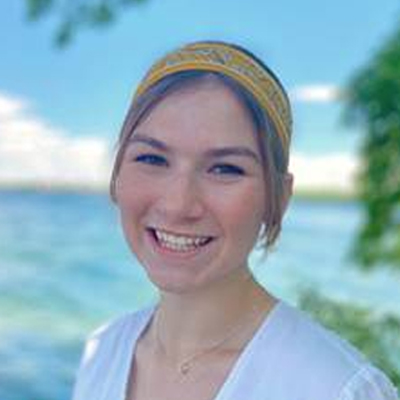QEurious Meetup
About
Date: November 14 – 22
The QEurious Meetup has been designed as an event to help strengthen the QE community, help people build skills and become more confident in using QE methods, and (most important!) help researchers in the QE community to meet personal goals: things like completing a degree, submitting papers for ICQE21, or using QE methods in their work more generally.
The QEurious Meetup will take place over Zoom and Slack, November 14-22. The meetup is composed of 5 different events, all aimed at connecting researchers with mentors and with each other, and at creating a space where people can ask questions and exchange ideas related to their own research interests.
Keynote:
16 November 2020 – 6:00 – 8:00AM (CST), 12:00 – 2:00PM (GMT), 11:00PM – 1:00AM +1 day (AEDT)
Length: 120 mins | Format: Zoom and Recording
We are fortunate to announce Jun Oshima as the QEurious Meetup Keynote speaker. The event will be available as a 20 minute recording; live discussion session followed by a happy hour will be available for all interested in engaging in the materials.
Keynote Speaker:
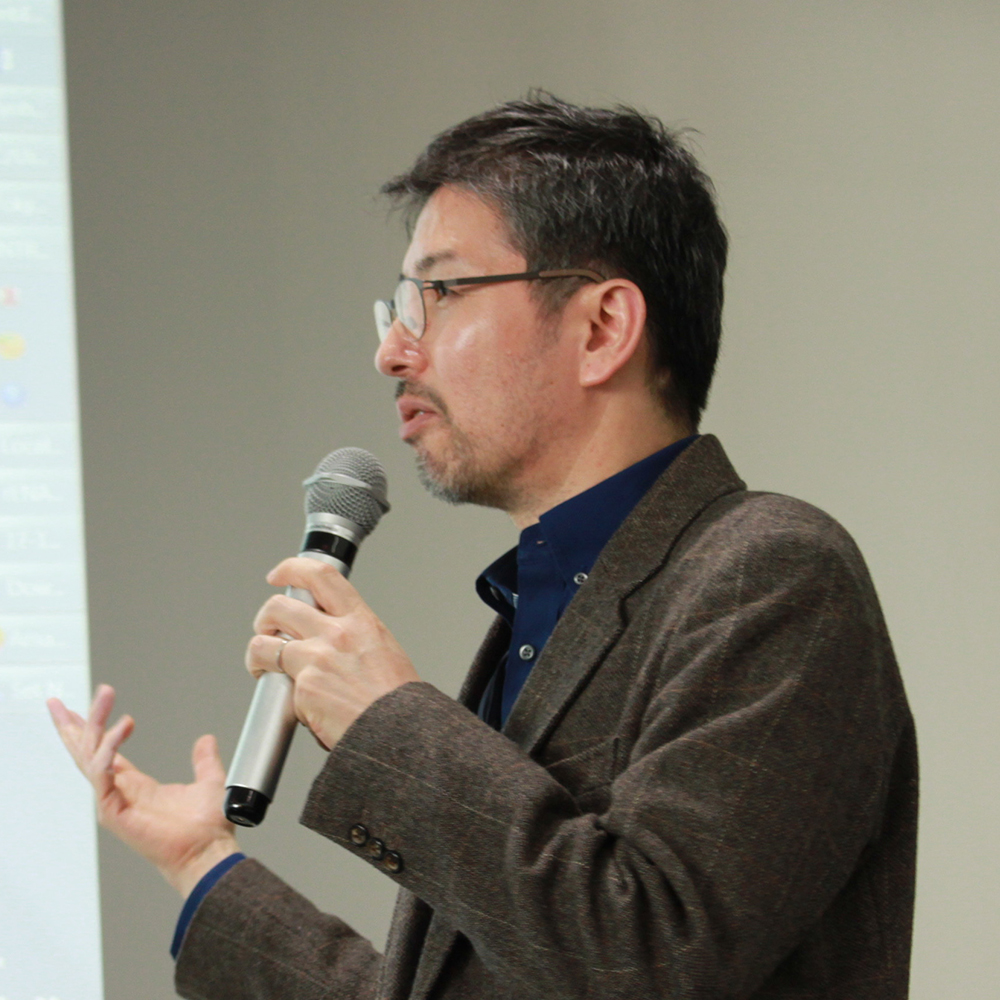
Moderator:
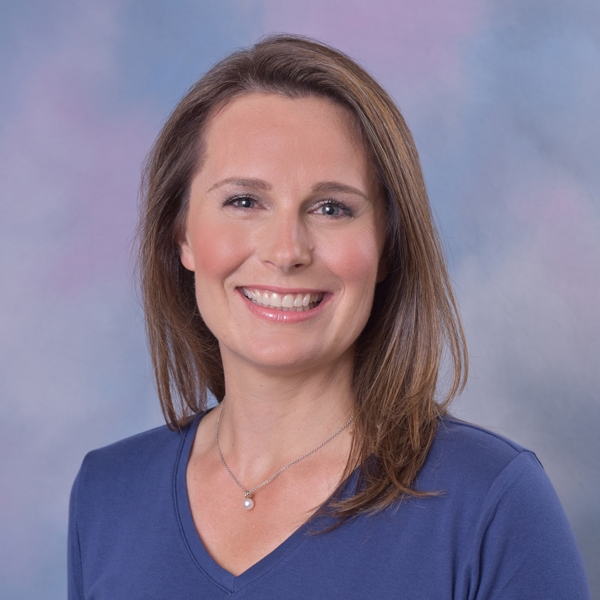
Resources: Slides
What’s Next?
19 November – 9:00AM (CST), 3:00PM (GMT), 2:00AM +1 day (AEDT)
Length: 60 mins | Format: Zoom
What’s Next session is designed to springboard researchers past just idea generation to develop an actionable and achievable plan for their specific research trajectory. Novice QE practitioners will be grouped with a more advanced practitioner or mentor to solicit questions and guide researchers in developing their research plan. This session will be 60 minutes and will pair mentors with groups of researchers who have similar problems or questions and are at the same point in their research process.
Have you attended a QE event, seen a talk or keynote, or had a great discussion with a mentor that generated lots of ideas but left you wondering where to start or what to do next? If so, this is the event for you!
Moderator:
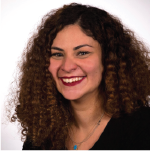
Mentors:
Gol Irgens, Yotam Hod, Brendan Eagan, Nadine Melzner, Aroutis Foster
My Knot:
19 November – 6:30PM (CST), 12:30AM +1 day (GMT), 11:30AM +1 day (AEDT)
Length: 60 mins | Format: Zoom and Slack
My Knot is a 60-minute interactive session where scholars will be grouped with a mentor to seek actionable advice on QE-related challenges participants want support with for their respective projects. Each scholar interested in participating in the My Knot session will be requested to respond to a form by MM/DD. This form will ask scholars’ information about three things:
First, a 1-page abstract describing the project (RQ and objectives, Methods, Analysis Plan);
Second, the knot for which support is needed (1-3 questions that can be posed to a mentor); and,
Third, a list of up to 3 QE-topics for which support is needed (e.g. writing up QE methods, understanding Rho).
Once this information is received, the session organizers will create working groups of 1 mentor: 4 scholars. Participants may be asked to complete readings or check out a resource to prepare for the session. A My Knot channel will be created on Slack for participants to communicate with all scholars and mentors during and after the event.
Moderators:
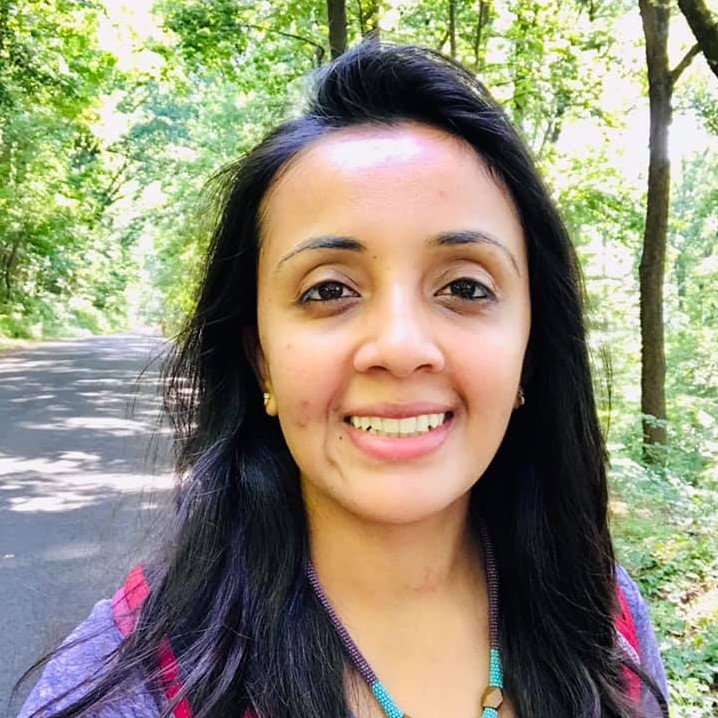
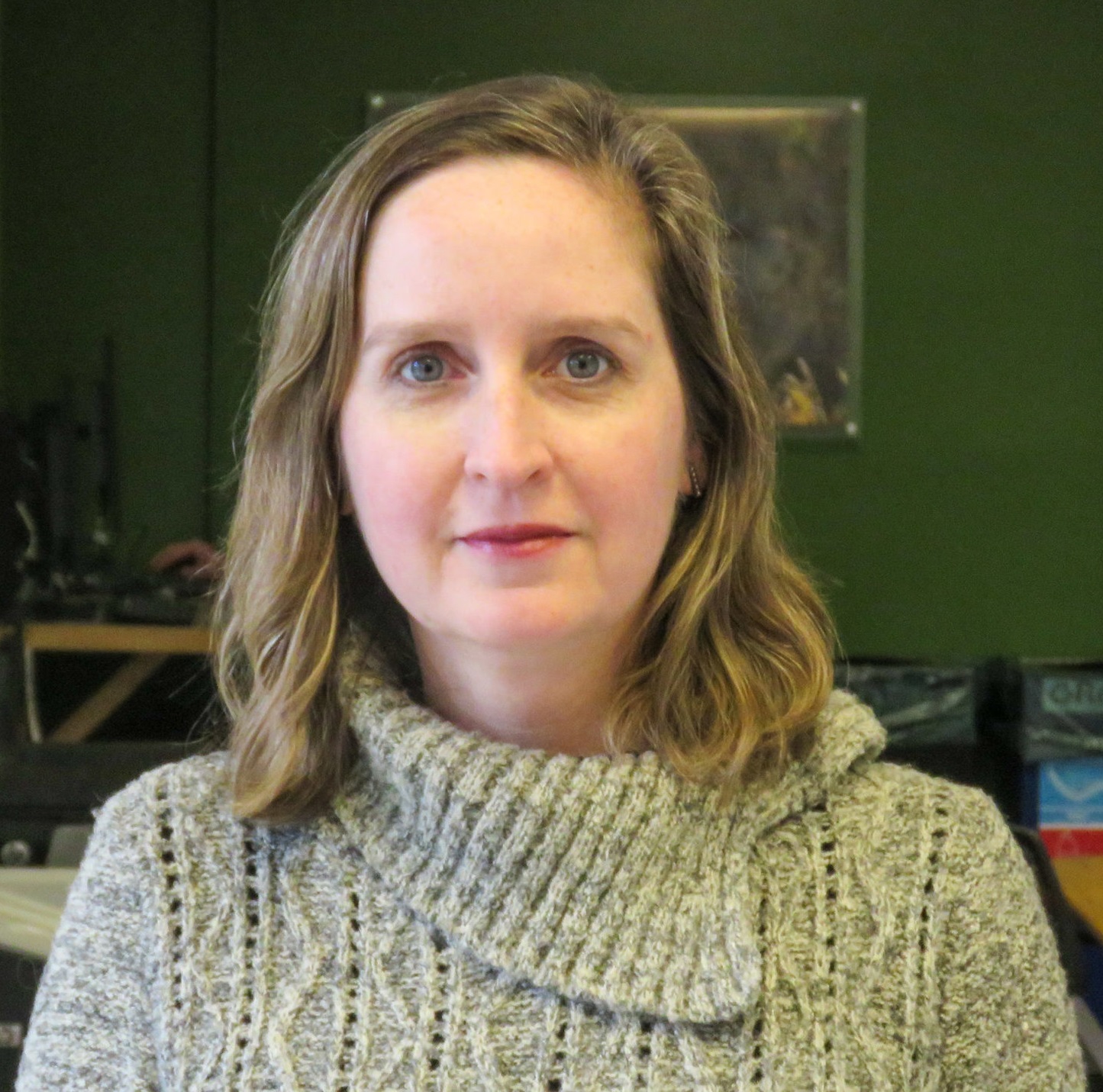
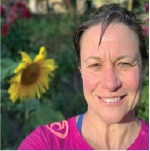
Mentors:
Zach Swiecki, Seung Lee, Karin Frey, Natasha Arthars, & Brendan Eagan
Speed-dating:
Session 1: 15 November – 9:00AM (CST), 3:00PM (GMT), 2:00AM +1 day (AEDT)
Session 2: 15 November – 5:00PM (CST), 11:00PM (GMT), 10:00AM +1 day (AEDT)
Length: 30 mins | Format: Zoom
Speed-dating is a chance to meet other members of the QE community. The event will recreate the serendipitous conversations people have at a conference over coffee. Participants will meet 1-1 with three different people to discuss their research interests over coffee (not provided, sadly) for five minutes over Zoom.
Moderators:
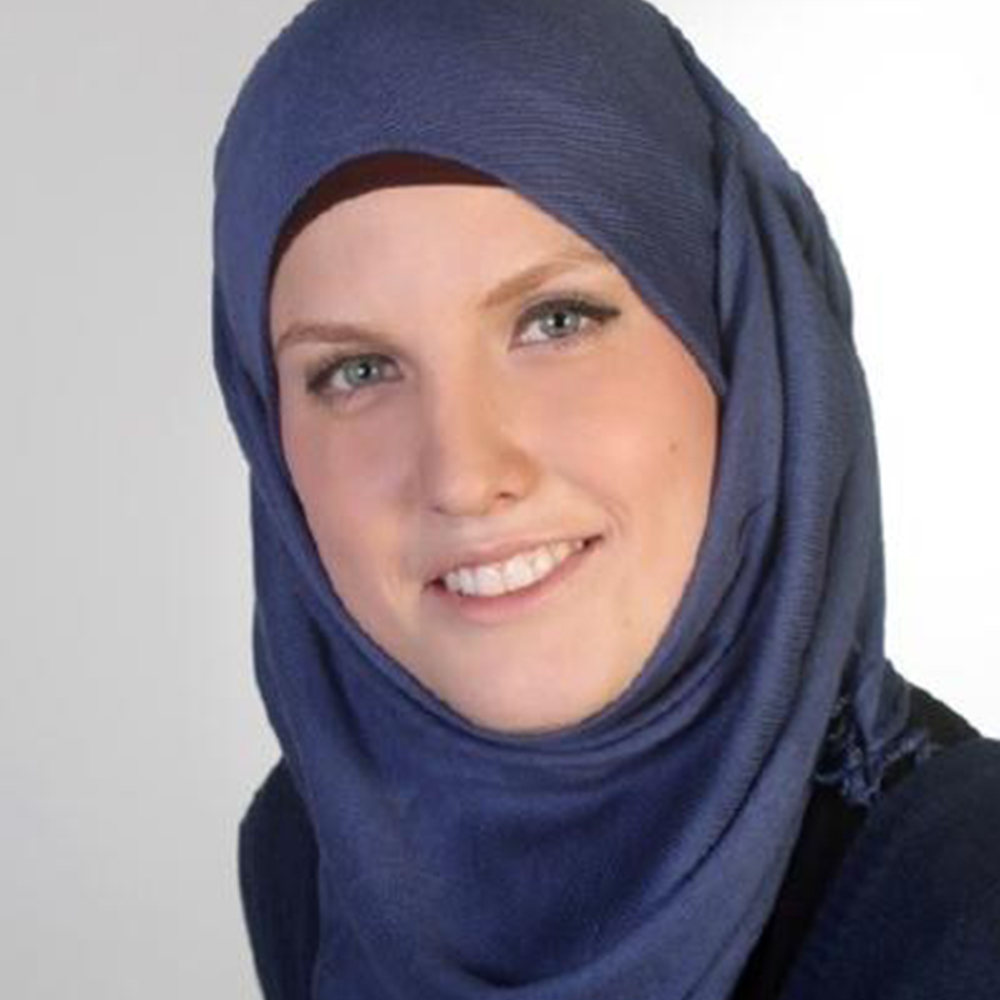
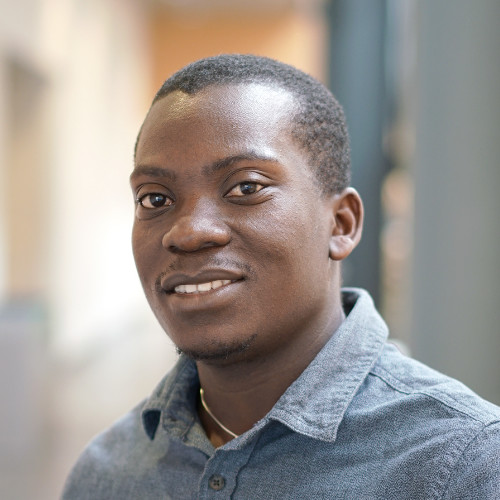
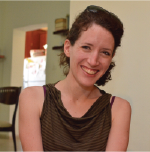
Let’s Write a Paper:
Session 1: 21 November – 2:00AM (CST), 8:00AM (GMT), 7:00PM (AEDT)
Session 2: 21 November – 10:00AM (CST), 4:00PM (GMT), 3:00AM +1 day (AEDT)
Length: 90 mins | Format: Zoom and Slack Channel
Let’s write a paper offers participants to collaborate with others in the QE community and develop their QE network. During a one-hour session, pitch your paper idea and find co-writers, or listen to pitches and join a team. Teams can book time slots with mentors who can give feedback and strategic advice on the paper, and connect teams with other experts who can give feedback and advice. The participants will be assigned to one another based on their common interests and the kind of data they are working with.
Moderators:



Workshops:
Length: 60 mins | Format: Zoom
Based on expressed interest, 5 workshops will be held throughout the week. Each workshop will focus on providing background or upgrading a unique skillset. Registered participants will receive introductory materials to review prior to the session to maximize the efficiency and effectiveness of each workshop. Workshop will be a 60 minute interactive session led by an expert in the Quantitative Ethnography topic. Each session will include approximately 20 minutes each of lecture/discussion, guided activities, and questions/discussion.The different workshops will include:
Introduction to nCoder:
Amanda Siebert-Evenstone & Brendan Eagan
This workshop will explore qualitative analysis using nCoder, explain the underlying theory of the tool, and discuss common strategies.
Resources: Slides
Introduction to ENA:
17 November – 9:00AM (CST), 3:00PM (GMT), 2:00AM +1 day (AEDT)
Clare Porter & Brendan Eagan
This workshop will explore basics of quantitative ethnography using ENA, explain the underlying theory of the tool, and discuss basic use.
Resources: Slides
Advanced ENA and Interpretations:
18 November – 9:00AM (CST), 3:00PM (GMT), 2:00AM +1 day (AEDT)
David Williamson Shaffer & Andrew Ruis
Advanced ENA and rENA:
18 November – 6:00PM (CST), 12:00AM +1 day (GMT), 11:00AM +1 day (AEDT)
Vita Kovanovic, Zach Swiecki, Zhiquiang (Carl) Cai, & Yeyu Wang
ROCK:
20 November – 10:00AM (CST), 4:00PM (GMT), 3:00AM +1 day (AEDT)
Szilvia Zorgo & Gjalt-Jorn Peters
This workshop will onboard participants to the Reproducible Open Coding Kit (ROCK) and introduce its workflow and terms.8
Moderator:
